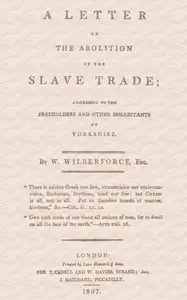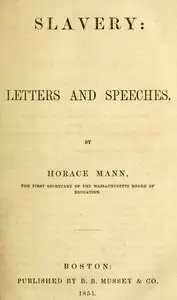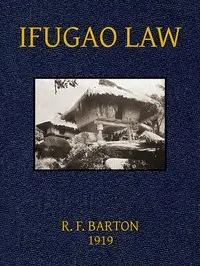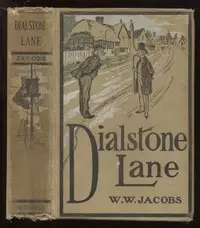"Letters to Catherine E. Beecher, in reply to an essay on slavery and abolitionism, addressed to A. E. Grimké" by Angelina Emily Grimké is a series of letters that serve as a powerful statement against slavery and in favor of abolition, revealing the heated debates of its time. Grimké passionately responds to Beecher's views on slavery, dissecting the ethics of owning another person and showing that slavery is an ongoing crime against humanity. The letters make it clear that immediate emancipation is crucial, arguing that slavery is a form of theft and oppression that demands immediate action. Grimké sets the stage by addressing Beecher directly, expressing a commitment to clarify the core principles of abolitionists. She challenges the notion that only slaveholders are guilty, implicating anyone who supports the system of slavery, and pushes back against misunderstandings about abolitionist actions. This tone shows the deep moral conviction that driving the author and those like her to act against slavery, and shows a belief in the necessity of societal redemption.
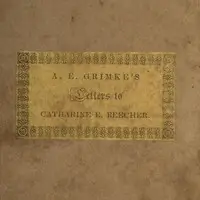
Letters to Catherine E. Beecher, in reply to an essay on slavery and abolitionism, addressed to A. E. Grimké
By Angelina Emily Grimké
In a time of injustice, one writer uses powerful letters to fight for immediate freedom and expose the sin of slavery.
Genres
Released
2016-12-31
Formats
epub3 (images)
epub (images)
epub
mobi
mobi (images)
txt
Free Download
Summary
About the AuthorAngelina Emily Grimké Weld was an American abolitionist, political activist, women's rights advocate, and supporter of the women's suffrage movement. At one point she was the best known, or "most notorious," woman in the country. She and her sister Sarah Moore Grimké were considered the only notable examples of white Southern women abolitionists. The sisters lived together as adults, while Angelina was the wife of abolitionist leader Theodore Dwight Weld.
Angelina Emily Grimké Weld was an American abolitionist, political activist, women's rights advocate, and supporter of the women's suffrage movement. At one point she was the best known, or "most notorious," woman in the country. She and her sister Sarah Moore Grimké were considered the only notable examples of white Southern women abolitionists. The sisters lived together as adults, while Angelina was the wife of abolitionist leader Theodore Dwight Weld.
Total Reviews
10.0k
Total reviews from Goodreads may change

